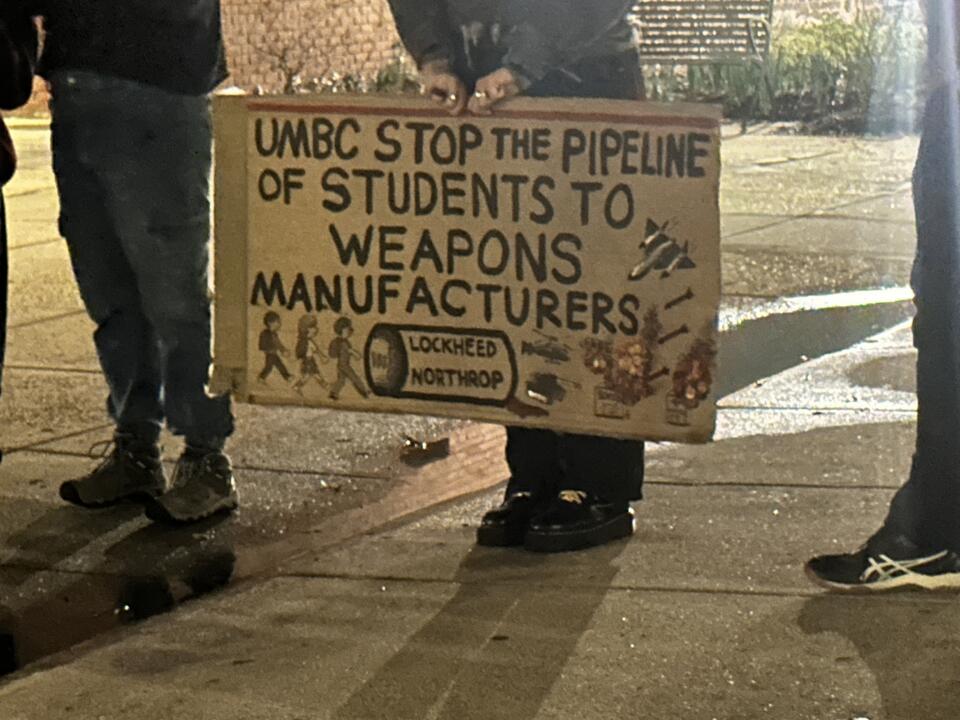Amanda Quinn
Foreign Correspondent
During World War II, over 1,500,000 soldiers and civilians died during the Siege of Leningrad. They are honored and remembered at Piskaryovskoye Memorial Cemetery.
St. Petersburg is a city of beauty and culture, but its history is also filled with stories of tragedy and resilience. During World War II, the Nazis blockaded the city — still called Leningrad at the time — for 872 days.
This siege resulted in the deaths of over 1,500,000 soldiers and civilians, making the Siege of Leningrad the most lethal siege in world history. This pain is still felt deeply in the city. Monuments and memorials to its victims can be found all over St. Petersburg.
I recently visited the Piskaryovskoye Memorial Cemetery, which is dedicated to the victims of the siege and is the sight of 186 mass graves. It was here that I was struck by the weight of this tragedy.
At the memorial, I read pages from the diary of a young girl who lived in the city during this time. They read, “Zhenya died 28 Dec 1941. Grandma died 25 Jan 1942. Lyoka died 17 March 1942. Uncle Vasya died 13 April 1942. Uncle Lyosha died 10 May 1942. Mama died 13 May 1942. My family has died. All have died. Tonya is left alone.”
Our guide went on to tell us that though Tonya was eventually evacuated from the city, she too died of starvation and poor health. The pages from Tonya’s diary were used in the Nuremburg Trials to demonstrate one of many atrocities perpetuated by the Nazis.
Tonya’s diary is just one of countless stories of unimaginable suffering that occurred during the two and a half year siege. Throughout my time in Russia, I have been struck by how essential it is to learn about the history of a place in order to better understand its people and culture.
Before visiting the Piskaryovskoye Memorial Cemetery, I had not fully grasped the weight of this city’s history. We were told at orientation that many host families, especially those with older family members, are sensitive to wasting food as the pain of the Leningrad Blockade is still deeply felt here.
While I cannot begin to truly understand this suffering as we walked amongst the mass graves, marked only by a year of death, my heart was heavy. More than 420,000 civilians and 50,000 soldiers are buried there.
At the end of the path stands a monument to the Motherland and behind her the words of poet Olga Berggolts are inscribed on the granite wall. The last four lines read, “We cannot list their noble names here, / There are so many of them under the eternal protection of granite. / But know this, those who regard these stones: / No one is forgotten, nothing is forgotten.”
On the way back from the memorial, our guide emphasized how important these last words are. She said, “Even if we forgive, we will never forget. As soon as we forget it will happen again. We will never let it happen again.”
It is impossible to comprehend the tragedy of it all.

